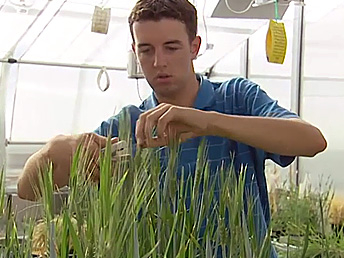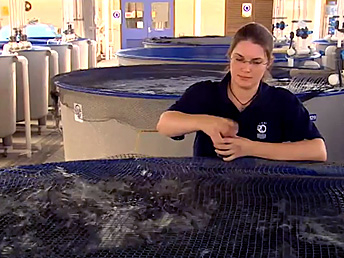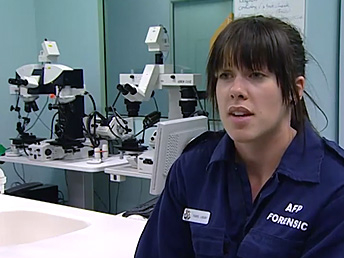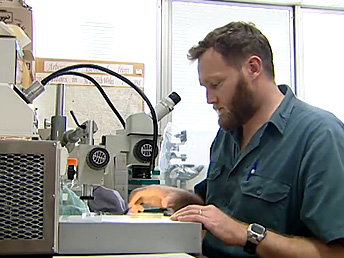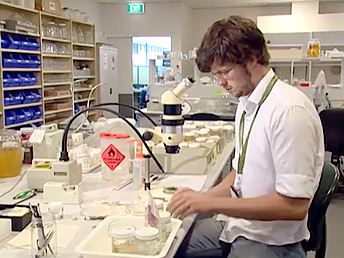
Geneticist
As a geneticist your job is to study genes, which are DNA molecules that code for things like hair and eye colour. It can inform how to treat disease, how to pass desirable traits onto offspring or how to produce superior crops.
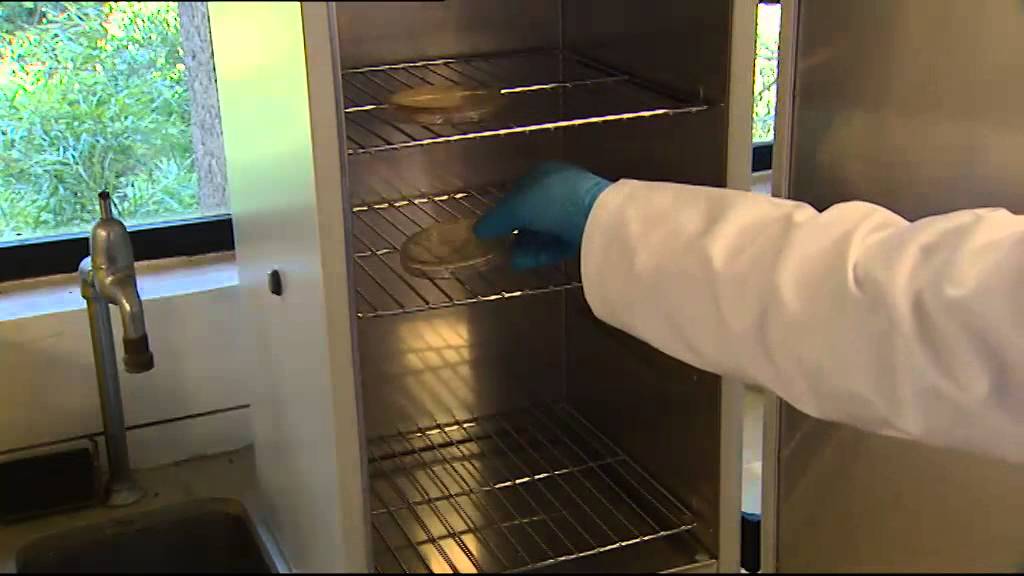

What the job looks like
Salary expectation
starts at $40,000 up to $140,000+

The good
- Making a positive contribution to science
- The big research breakthroughs give you a massive rush
- Potential to travel
- Constantly learning new things
- Doing practical work in a science lab
- Using different equipment
The not so good
- Having work reviewed by your peers can be frustrating and stressful
- Repetitive nature of lab work can be tough at times
A geneticist studies how different life forms vary and how these traits are passed on to following generations. Your research can be used across industries such as agriculture, medicine and forensics.
Depending on your particular role you may spend some time in the field collecting samples, but a large portion of your time will be spent in the lab. You will use your skills in science to study genes right down to a cellular level. You could also develop methods on how to generate new traits which have been used to breed hairless cats and grow crops that are resistent to insects.
Strong math skills are important to being a geneticist to understand the science behind genetics. Statistics also play a key role in your work and are critical for you to accurately record your research findings. You will also need good English skills to write up your research into a report.
If you are patient, have a strong attention to detail and enjoy science, then a career as a geneticist could be for you.

Pathways to this career
Subject suggestions for the HSC
Choosing your HSC subjects from this list could really help with your career. Think carefully about what you want to study after school as you might need to choose specific HSC subjects for that course and to count towards your ATAR (Australian Tertiary Admission Rank). An ATAR is your academic rank in relation to other HSC students and helps with University admission.
HSC subjects
Some subjects will count towards your ATAR, others will not. Check with your career advisor before making subject selections.
- English (Advanced or higher)
- Mathematics (2 unit or higher)
- Biology
- Chemistry
What can I do after I have finished school?
University degrees
Studying one of these degrees can help with your career.
- Bachelor of Science
Suggestions
Check out Australian Genome Research Facility for more information
- Work out what area of genetics you might be interested in, whether human, animal or plant
- Keep up to date with science news through the ABC and focus on genetics for science assignments where possible
- Watch science documentaries. David Attenborough and National Geographic offer fascinating insights into plant and animal science
- Go to career expos and events like university Open Days for information about what you will study
